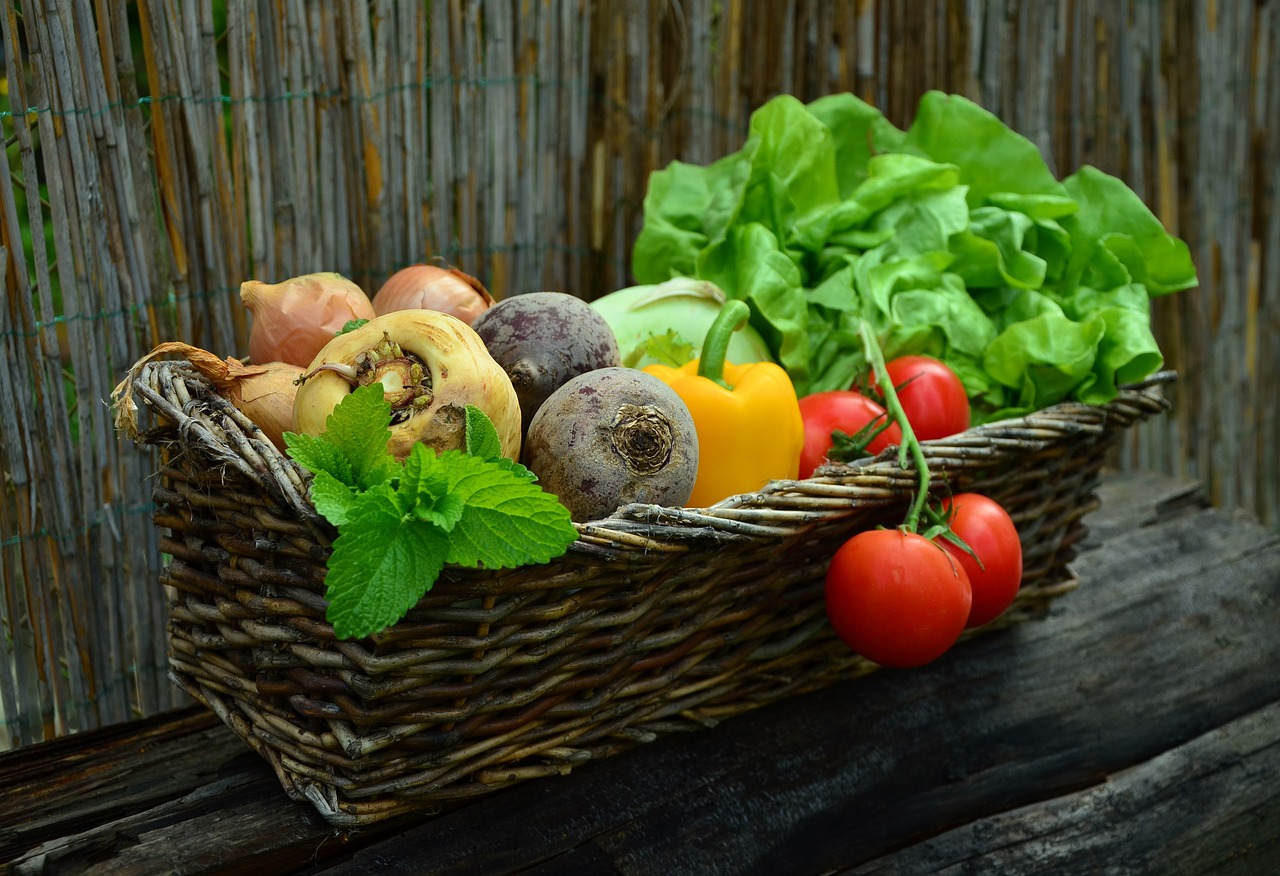Food Industry’s Response to Changing Consumer Preferences: Trends in Organic and Non-GMO Products
Meeting consumer demand in the food industry presents a myriad of challenges that businesses must navigate. One key issue is the increasing diversity of consumer preferences and dietary restrictions. With the rise of various dietary trends and lifestyles, such as veganism, keto, and gluten-free diets, food businesses are faced with the challenge of creating products that cater to a wide range of needs and preferences.
Moreover, the fast-paced nature of consumer trends and demands adds another layer of complexity for the food industry. With the advent of social media and instant access to information, consumer preferences can change rapidly, making it difficult for businesses to anticipate and adapt to shifting demands. This constant need for innovation and agility places pressure on food companies to stay ahead of the curve and continuously evolve their product offerings to meet changing consumer expectations.
Shift towards Healthier and More Sustainable Food Options
Consumers are becoming increasingly conscious of their health and the environmental impact of the food they consume. This shift in consumer preferences has led to a growing demand for healthier and more sustainable food options in the market. As a result, food companies are under pressure to adapt to these changing trends and offer products that align with the values of the modern consumer.
In response to this shift, many food companies are reformulating their products to use more natural and organic ingredients. Additionally, there has been a noticeable increase in the availability of plant-based alternatives and products that are free from artificial additives and preservatives. This growing emphasis on health and sustainability is reshaping the food industry and challenging companies to innovate and meet the evolving expectations of their customer base.
Rise of Organic and Non-GMO Products in the Market
With the growing awareness about health and the environment, there has been a noticeable rise in the demand for organic and non-GMO products in the market. Consumers are becoming increasingly conscious about the ingredients in their food and are seeking out options that are free from artificial additives and pesticides. This trend has led to an expansion in the availability of organic and non-GMO products across various categories such as fresh produce, snacks, dairy, and even personal care items.
Moreover, the rise of organic and non-GMO products has also been fueled by a desire for transparency and traceability in the food supply chain. Consumers want to know where their food comes from and how it is produced, leading to a preference for products that are certified organic or non-GMO. As a result, more food companies are investing in obtaining these certifications to meet the increasing demand for cleaner and more sustainable food options in the market.
Consumers are seeking out options that are free from artificial additives and pesticides
Expansion in availability of organic and non-GMO products across various categories such as fresh produce, snacks, dairy, and personal care items
Desire for transparency and traceability in the food supply chain driving the rise of organic and non-GMO products
Preference for certified organic or non-GMO products due to increasing awareness about health and environment
More food companies investing in obtaining certifications to meet demand for cleaner and more sustainable food options
What are some challenges faced by the food industry in meeting consumer demand for organic and non-GMO products?
Some challenges include sourcing organic and non-GMO ingredients, ensuring product integrity throughout the supply chain, and meeting regulatory requirements for certification.
Why are consumers shifting towards healthier and more sustainable food options?
Consumers are becoming more health-conscious and are concerned about the environmental impact of conventional farming practices. They are seeking out organic and non-GMO products as a way to support their personal health and the health of the planet.
What has led to the rise of organic and non-GMO products in the market?
The increasing demand from consumers for healthier and more sustainable food options has driven the growth of organic and non-GMO products. Companies are responding to this demand by offering a wider range of organic and non-GMO products in their portfolios.







